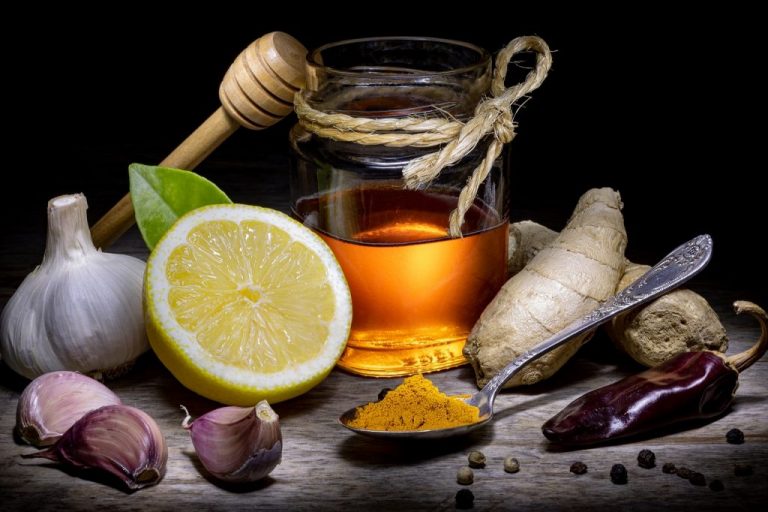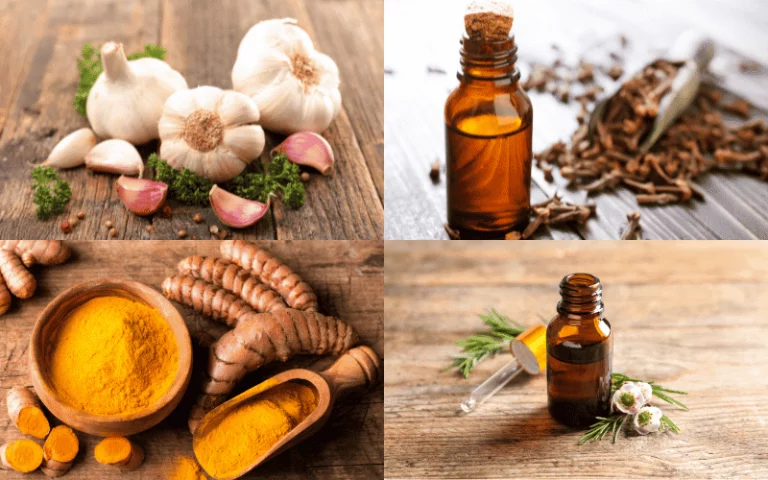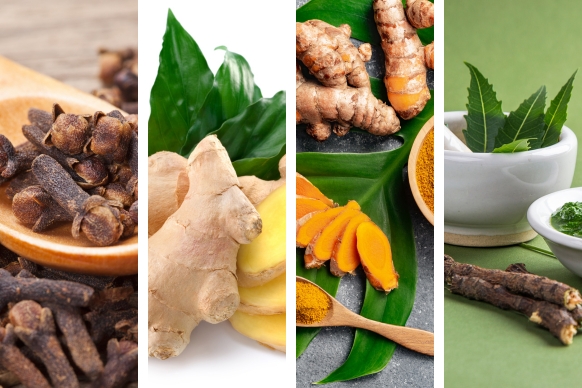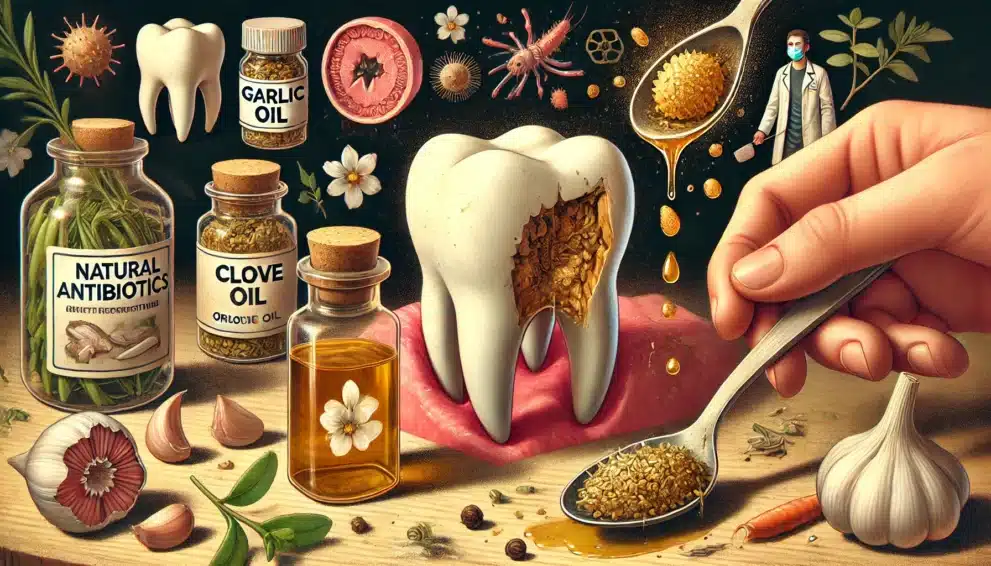SEO Blog
What is the Strongest Natural Antibiotic for Tooth Infection?
What is the Strongest Natural Antibiotic for Tooth Infection?
Tooth infections can be painful and detrimental to overall dental health if not treated promptly. While conventional antibiotics are often prescribed to manage these infections, many people seek natural alternatives due to concerns about side effects and antibiotic resistance. This article will explore what the strongest natural antibiotic for tooth infection is, discuss effective natural remedies, and emphasize the importance of maintaining oral health.

Understanding Tooth Infections
What are Tooth Infections?
Tooth infections, also known as dental abscesses, occur when bacteria invade the dental pulp, usually due to decay, gum disease, or trauma. This invasion leads to inflammation and pus formation, causing significant pain and discomfort. The symptoms of tooth infections can include:
- Severe tooth pain
- Swelling in the gums
- Sensitivity to hot or cold
- Fever and general malaise
Ignoring these symptoms can lead to more severe complications, including systemic infections.
Causes of Tooth Infections
Tooth infections can arise from several factors, including:
- Poor Dental Hygiene: Not brushing and flossing regularly can lead to plaque buildup, which promotes tooth decay and gum disease.
- Cavities: Decayed teeth can allow bacteria to penetrate the inner layers, leading to infection.
- Gum Disease: Inflammation of the gums can create pockets for bacteria to thrive.
- Trauma: A cracked or broken tooth can provide an entry point for bacteria.

The Role of Natural Antibiotics
What are Natural Antibiotics?
Natural antibiotics are compounds found in nature that can help fight bacterial infections. Unlike conventional antibiotics, which are often synthetic, natural antibiotics are derived from plants, herbs, and other natural sources. They have been used for centuries in traditional medicine and are gaining popularity in modern natural health practices.
Natural antibiotics can help manage tooth infections due to their antibacterial properties, making them a viable option for those seeking alternatives to traditional medications.
Strongest Natural Antibiotics for Tooth Infection
Most Effective Natural Antibiotics for Tooth Infections
Several natural antibiotics have proven effective against bacteria responsible for tooth infections. Among these, clove oil, garlic, and propolis stand out as some of the strongest natural remedies. Let’s delve into these options further.

Clove Oil: A Powerful Antibacterial
Clove oil is derived from the clove plant (Syzygium aromaticum) and contains eugenol, a potent antibacterial and analgesic compound. It has been used in traditional dentistry for its ability to relieve toothache and reduce inflammation.
Benefits of Clove Oil:
- Pain Relief: Clove oil can numb the area around an infected tooth, providing immediate pain relief.
- Antibacterial Properties: Its high antibacterial activity helps kill the bacteria causing the infection.
How to Use Clove Oil:
- Apply a few drops of clove oil to a cotton ball.
- Place it directly on the infected tooth or gums for temporary relief.
- Alternatively, mix clove oil with a carrier oil (like olive oil) and use it as a mouth rinse.
Garlic: Nature’s Antibiotic
Garlic (Allium sativum) is renowned for its health benefits, especially its strong antibacterial properties due to a compound called allicin. This natural antibiotic can help fight off the bacteria responsible for tooth infections.
Benefits of Garlic:
- Antimicrobial Action: Garlic can inhibit the growth of bacteria and other pathogens.
- Anti-Inflammatory Properties: It may reduce inflammation, alleviating pain associated with tooth infections.
How to Use Garlic:
- Crush a clove of garlic to release its juices.
- Apply it directly to the affected area or chew it for maximum benefits.
- You can also create a garlic paste and mix it with honey for added healing properties.
Propolis: A Natural Defense
Propolis is a resinous substance produced by bees and is known for its impressive antibacterial, antiviral, and antifungal properties. It has been used in traditional medicine for centuries, particularly in dentistry.
Benefits of Propolis:
- Promotes Healing: Propolis can enhance healing and reduce infection rates.
- Supports Oral Health: It can help prevent cavities and gum disease.
How to Use Propolis:
- Use propolis tinctures or sprays as a mouth rinse or apply directly to the infected area.
Other Natural Remedies for Tooth Infections
Essential Oils for Tooth Infection Relief
In addition to clove oil, several other essential oils can provide relief from tooth infections:
- Oregano Oil: Contains carvacrol, a powerful antibacterial agent.
- Tea Tree Oil: Known for its antimicrobial properties, it can help reduce inflammation.
How to Use Essential Oils:
- Dilute the essential oil in a carrier oil and apply it to the affected area, or use it as a mouth rinse with warm water.
Home Remedies to Support Dental Health
In addition to specific natural antibiotics, several home remedies can support overall dental health and alleviate the symptoms of tooth infections:
- Saltwater Rinse: A simple saltwater rinse can help reduce swelling and kill bacteria.
- Turmeric Paste: Turmeric has strong anti-inflammatory properties; mixing it with water or coconut oil can create a paste to apply to the infected area.
When to See a Dentist
Signs You Should Visit a Dentist
While natural remedies can be beneficial, certain signs indicate that it’s time to consult a dentist:
- Severe Pain: If the pain becomes unbearable or does not subside with natural remedies.
- Swelling: If swelling worsens or spreads beyond the affected area.
- Fever: A persistent fever may indicate a more serious infection.
Integrating Natural Remedies with Professional Care
Combining natural antibiotics with professional dental care can be an effective approach to managing tooth infections. Always consult your dentist before starting any natural remedy, especially if you are already undergoing treatment.

Conclusion
Natural antibiotics offer promising alternatives for managing tooth infections, with options like clove oil, garlic, and propolis demonstrating significant antibacterial properties. However, it is crucial to maintain good oral hygiene and consult a dentist when symptoms persist or worsen. By understanding the strongest natural antibiotics for tooth infections and their applications, individuals can take proactive steps toward their dental health.
Frequently Asked Questions (FAQs)
1. What is the strongest natural antibiotic for tooth infection?
The strongest natural antibiotics for tooth infection include clove oil, garlic, and propolis, all known for their antibacterial properties.
2. How does clove oil help with tooth infections?
Clove oil contains eugenol, which acts as a powerful analgesic and antibacterial, providing pain relief and combating infection.
3. Can garlic cure tooth infections?
Garlic has antimicrobial properties due to allicin, which can help reduce bacteria and inflammation associated with tooth infections.
4. Is it safe to use natural antibiotics alongside prescribed medications?
Always consult with your dentist or healthcare provider before combining natural antibiotics with prescribed medications to avoid potential interactions.
5. When should I see a dentist for a tooth infection?
You should see a dentist if you experience severe pain, swelling, fever, or if symptoms persist despite using natural remedies.
6. Are there any side effects of using natural antibiotics?
While natural antibiotics are generally safe, some individuals may experience allergic reactions or interactions with other medications, so it’s essential to use them with caution.
7. How can I prevent tooth infections in the future?
Maintaining good oral hygiene, including regular brushing, flossing, and dental check-ups, can help prevent tooth infections.
8. Can I use essential oils for tooth infections?
Yes, essential oils like oregano and tea tree oil can be effective against tooth infections when diluted properly and used as directed.
9. What home remedies can help alleviate tooth infection pain?
Saltwater rinses, turmeric paste, and applying ice packs can help relieve pain associated with tooth infections.
10. How can I maintain my oral health?
Regular dental visits, a balanced diet, proper oral hygiene, and using natural remedies as needed can help maintain optimal oral health.
By following the advice in this article and consulting a dental professional, individuals can manage tooth infections effectively while embracing natural remedies.
 Skip to content
Skip to content

